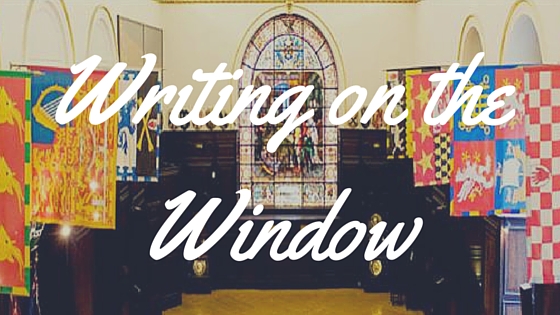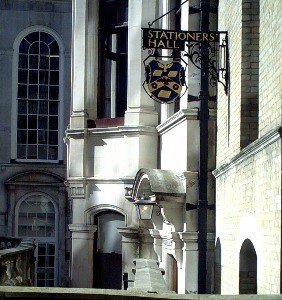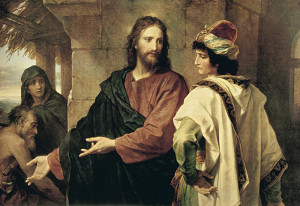My routine for getting to work in the morning is predictable: I walk through Grand Central Station to 42nd Street and start down Park Avenue on foot, rain or shine, hot or cold. Before I began using my feet to get to my office building on West 20th Street, I would catch a subway. My initial reason for walking was health, but that wasn’t it exactly. The clustered morning crowds, pushing and shoving to get onto the departing train had finally lost its appeal. As I would battle for a place on the next southbound local, Ezra Pound’s short poem “In the Station of the Metro” would often echo in my mind:

In the Station of the Metro by Ezra Pound
My homebound journey was different. By the time the day was done so was I. My mind fixated on getting to my destination in the fastest, most convenient way possible. Often that meant catching the #6 subway at 23rd Street on Park Avenue.
One day not very long ago, I left the office in my usual haste and headed for the subway stop. I hit Park Avenue at 20th Street and turned north to get to the underground train that would quickly deliver me to Grand Central and the waiting trains heading out to the suburbs.
As I walked up Park Avenue, I noticed a man sitting on the steps of a church. I had noticed him before. He had an empty cup in his right hand and while he was dressed well enough, he clearly was looking for money. I passed him by, but then stopped short as I remembered I had some quarters and other coins in my pocket. As I dug for money, I looked the gentleman in the eye and he unexpectedly uttered: “You are a good man.”
I suppose there was a time when I would have agreed with his words; after all, wasn’t I about to give this man some money from my own pocket? I said nothing as I searched for the change. When I finally found the coins, I dropped them into his Styrofoam cup. Then he said it again: “You are a good man.”

I could have said nothing at all, but I could not be silent. Instead, I spontaneously said, “No I’m not. I am no better than you.” He looked at me to see what I might have meant. I don’t know what he was thinking, but my remark got me thinking. At the core he and I were both beggars; it was just that his apparent condition was more extreme than mine, at least for the moment.
When I reflected on this encounter during the train ride home, I recalled two instances where Jesus taught on the issue of poverty through the eyes of God. The first story involved a rich, young ruler who wanted to know how he might earn “eternal life”. He addressed Jesus as “Good teacher” but Jesus replied by asking “Why do you call me good?” He then said, “No one is good but God.” (Mark 10:17-18)
The second instance is a parable Jesus told to “some who were confident of their own righteousness and looked down on everyone else”. Jesus contrasts the prayers of a religious leader with the prayer of a repentant tax collector. The leader prays, “God, thank you that I am not like other people-robbers, evildoers, adulterers-or even like this tax collector.” Meanwhile, the tax collector simply prays, “God, have mercy on me, a sinner.” Jesus then says to those listening: “I tell you that this man (the tax collector), rather than the other went home justified before God. For all those who exalt themselves will be humbled, and those who humble themselves will be exalted.” (Luke 18:9-14)
So what did I mean when I said, “I am no better than you”? While it is impossible for us to discern all the complex motives of our own hearts, I was definitely not being falsely humble. I really mean it. In the eyes of God this man and I stood before Him as equals, though in the eyes of the world, we did not. In the past I might have adopted the world’s view, which would have made me equal in self-righteousness to the Pharisee in Jesus’ parable, even though I had seemed to perform an act of generosity. I had clearly changed because I recognized in this encounter the need of two men for a savior, not just one.







